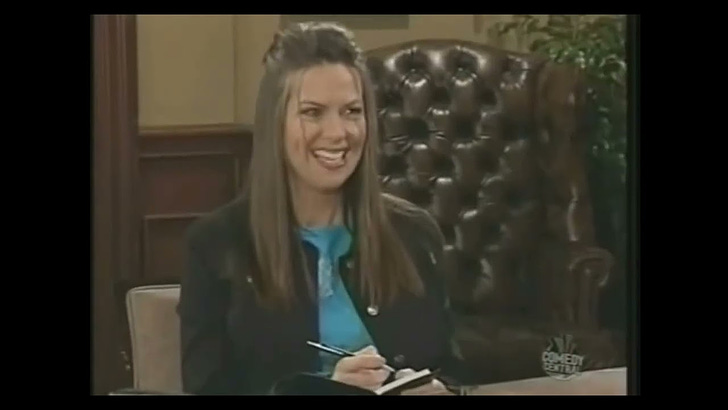Meditations Session 1.2: Discovering Reality in Real-Time
How can we go past a theoretical understanding to an experience?
Our conversation on Meditations has gotten off to a tremendous start with many high-quality reflective and insightful posts. Our learning community is forming, and we are not alone in our challenges.
Our usual weekly rhythm starts with my Meditations overview posted on Saturday, followed by a conversation that continues throughout the week. Occasionally, I will add a post, such as this one, to expand on a crucial point during the week.
This week, you may continue to post your responses in the initial overview or in this one.
In Notebook 2.9 Aurelius wrote, “Here are things you should always bear in mind: what the nature of the whole is; what my nature is; how my nature is related to the nature of the whole; what kind of part it is of what kind of whole; and that no one is stopping you from being in accord with the nature of which you are a part, in all you ever say or do.”
Rob asked:
The approaches to life recommended by Marcus (and the Stoics) are logical conclusions that are built on specific assumptions about the nature of reality. This aspect of Stoicism seems to get lost in modern interpretations.
My question is -- What is lost along the way if we adopt Stoic practices without adopting some kind of clear and ultimately positive cosmic worldview? It seems to me that without the context of a purposeful and ultimately good nature of reality (and our role in it) the practices of Stoicism just become mind tricks or self-delusion. What do you think?
Rob’s question is crucial, and we will have many chances to address it. Reading Meditations is like listening to classical music; themes are introduced and returned to in slightly different ways. So, as we move on and our understanding deepens, we can revisit ideas.
What is the nature of my being, is a theme that Marcus returns to over and over, giving us the opportunity to do the same. If you believe you are merely your stream of thinking, Meditations will continuously challenge that idea. But as Rob asks, how do you know if you are doing a number on yourself?
How can we go past a theoretical understanding to an experience? I suggested a practice in my Session 1 overview.
Sunday morning, an example arose in my life that helps answer Rob’s question about the “good nature of reality.” I want to take you through it step by step.

